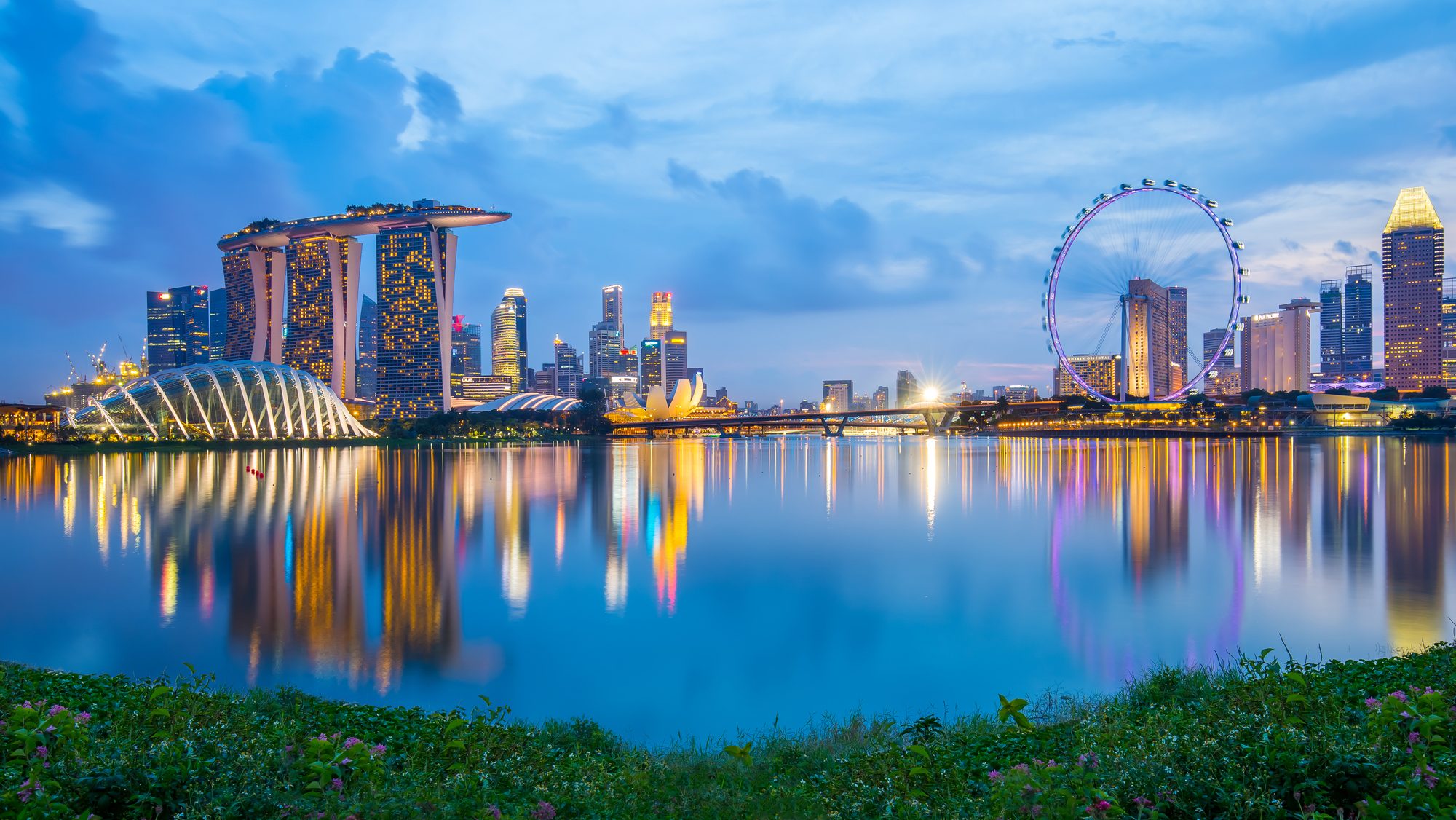SINGAPORE: Las Vegas Sands (LVS) and Genting Singapore are making multi-billion dollar investments to introduce new attractions in Singapore.
According to Asia Gaming Brief, Christopher Khoo, managing director at MasterConsult Services, discussed these plans in a recent interview.
The two operators have committed an additional US$6.65 billion (approx. S$8.77 billion) for non-gaming and tourism facilities, extending their duopoly until 2030.
“This will allow them to explore even more exciting attractions that can be added to Singapore’s current array of attractions,” Mr Khoo said.
While the specifics are not yet revealed, the substantial investment suggests that the new attractions will be “sufficiently different and outstanding.”
Mr Khoo hoped that the planned performing theatre would host high-profile shows similar to those in Las Vegas.
He imagines international and Asian artists performing regularly in Singapore, potentially making it the “Entertainment Capital of Asia.”
Marina Bay Sands (MBS) and Resorts World Sentosa (RWS) opened in 2010 and have since become major players in the high-end gaming market in Asia.
At one point, their combined revenue surpassed the entire Las Vegas Strip. Mr Khoo noted that both operators have continually invested in updates to keep their offerings “fresh and front of mind through these years.”
The new US$6.65 billion investment is expected to further strengthen their positions in the gaming and tourism sectors.
MBS has committed S$4.5 billion as part of its licence extension, while Genting Singapore plans to invest S$6.8 billion to expand Resorts World Sentosa.
Sands has also announced plans to potentially start construction on their expansion by July 2025. Renderings show a new hotel tower and a 15,000-seat performance venue.
This project is separate from a US$1.75 billion refurbishment of the existing property.
LVS Chief Executive Officer Rob Goldstein predicts that Singapore’s gambling revenue could reach US$7 billion this year, with a potential to hit US$10 billion in the near future.
Mr Khoo also noted that Singapore has been actively evolving since the onset of COVID-19. The country has introduced new tourism attractions and initiatives that appeal to modern visitors, focusing on sustainability and technology.
A mutual visa-free policy agreement between China and Singapore, effective from February this year, has led to a surge in Chinese visitors.
China has long been a crucial market for Singapore, often competing with Indonesia for the top spot in visitor numbers. The return of Chinese tourists is particularly beneficial due to their high average spending.
Mr Khoo expressed optimism about the potential for extending or making the visa-free arrangement permanent, as it would facilitate further growth in two-way tourism between Singapore and China.
However, he pointed out that the return of the Chinese market marks the final major market resurgence since the end of COVID-19 travel restrictions, with many countries lifting such restrictions over the past two years.
Amid increasing regional competition, such as the Philippines’ ambition to surpass Singapore as Asia’s second-largest gaming hub and new casino developments in Japan and Thailand, Mr Khoo believes these countries show significant potential for growth in Asia’s casino market.
He acknowledged that competition will “keep everyone on their toes,” but he remains optimistic about the future of Asian gaming, driven by rising disposable incomes and easier travel.
While Singapore has tightened its regulations on anti-money laundering in gaming, lowering the threshold for due diligence checks on cash deposits in casinos, Mr Khoo commented that this tightening of regulations is part of the ongoing “cat and mouse game” between regulators and those attempting to exploit loopholes.
Both sides continuously adapt, using vigilance and technology to stay ahead. “Tightening regulations is just another means of adjusting the system,” he added. /TISG
Read also: Marina Bay Sands seeks $10B loan to expand its hotel and entertainment business?
Featured image by Depositphotos

